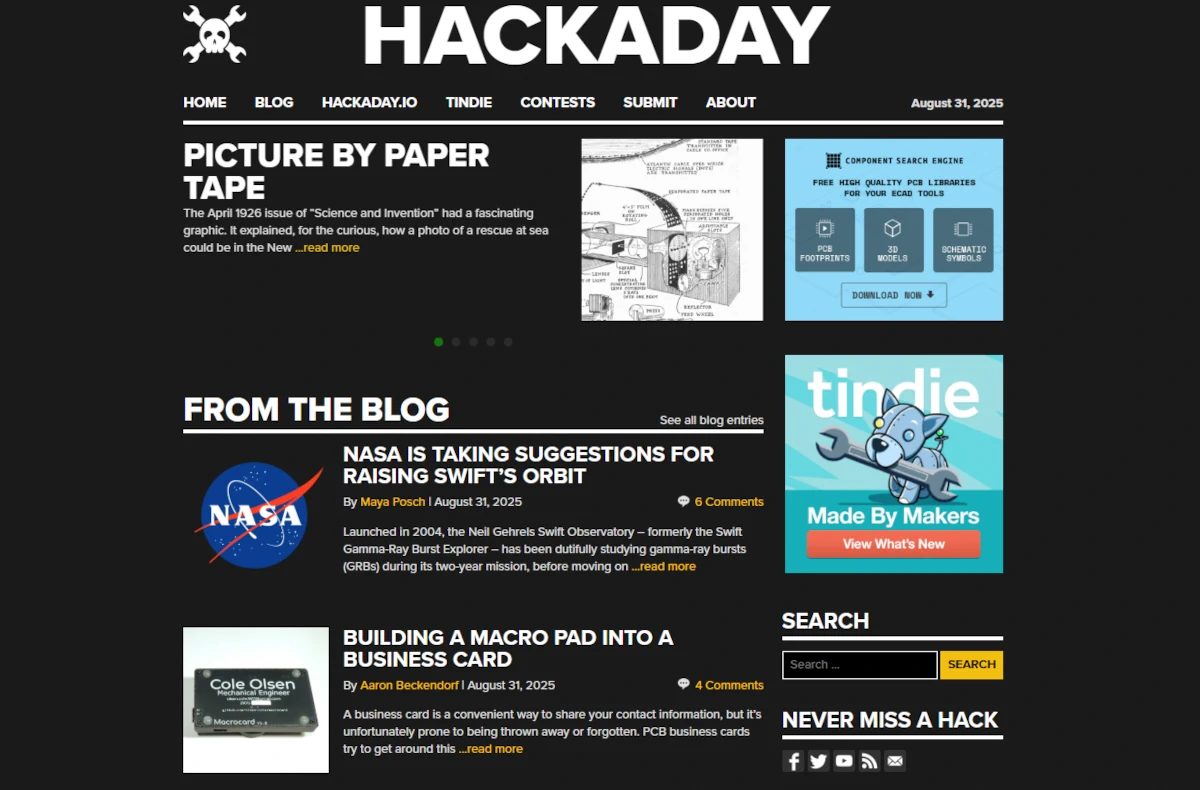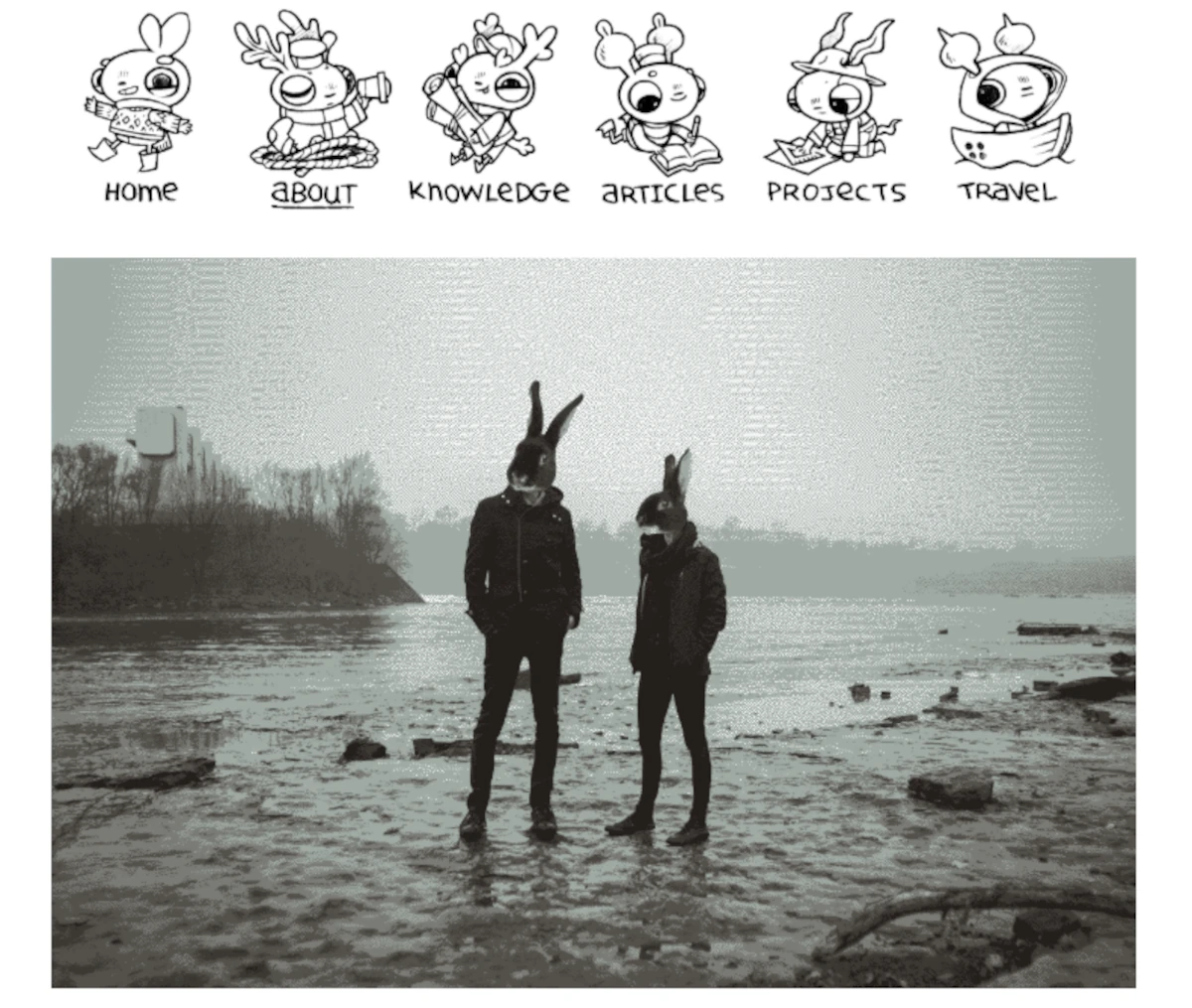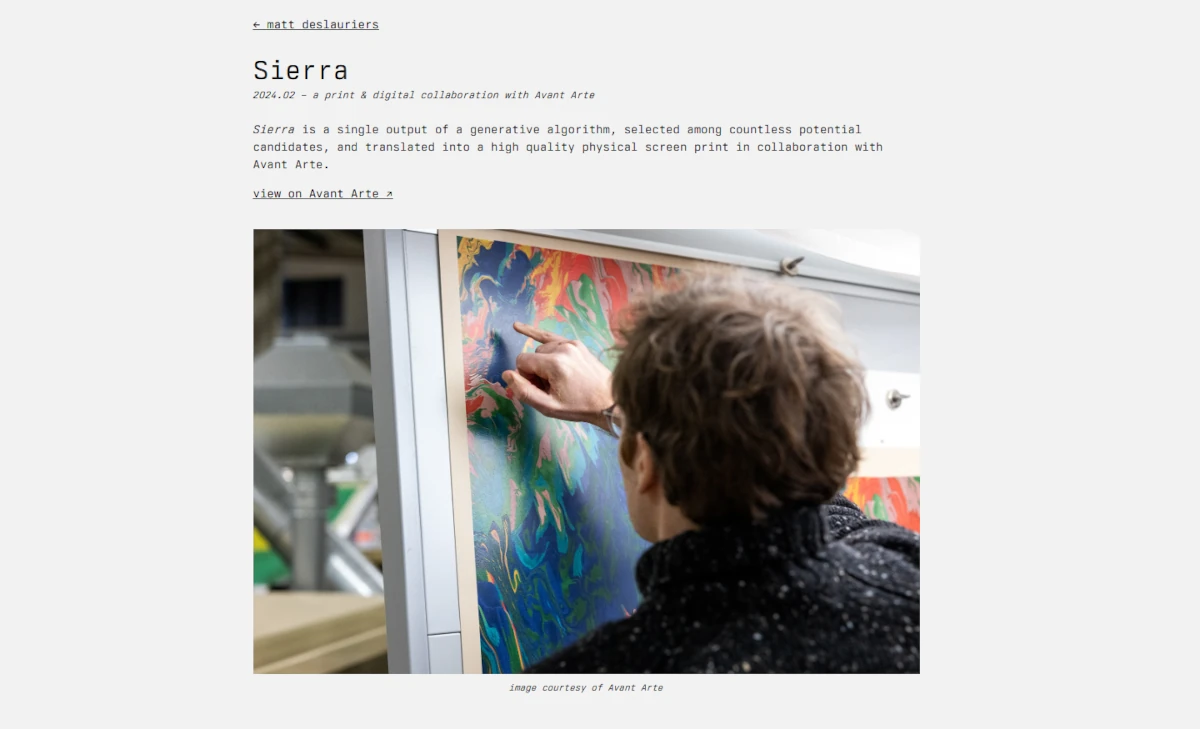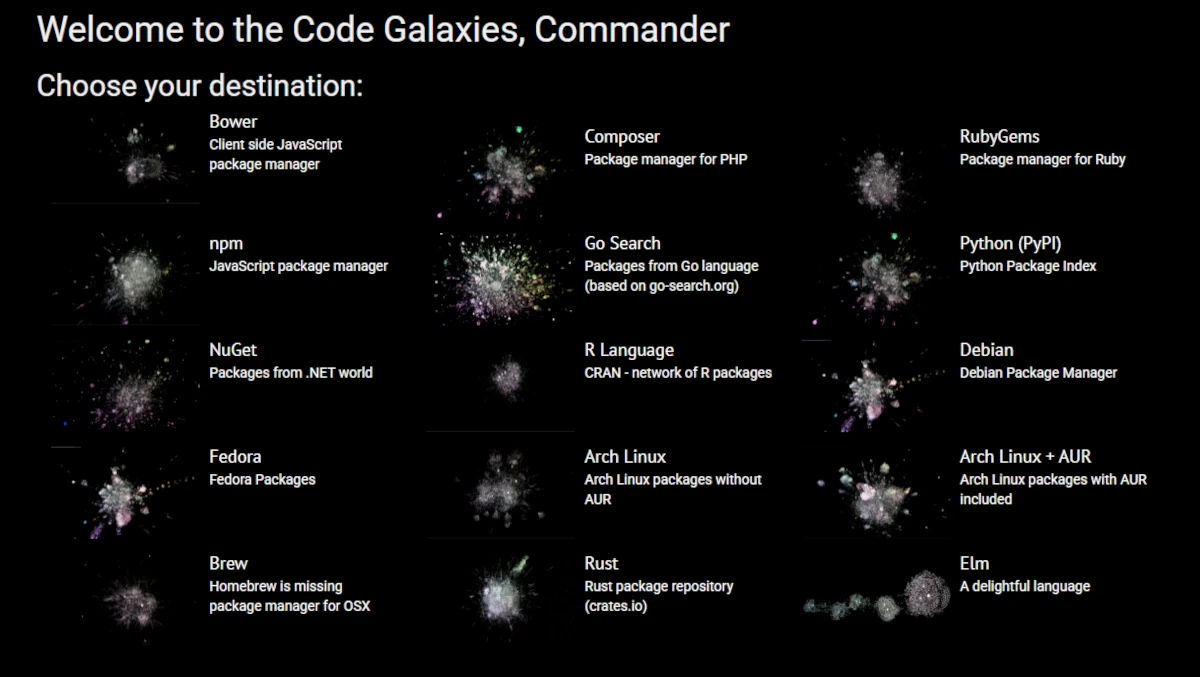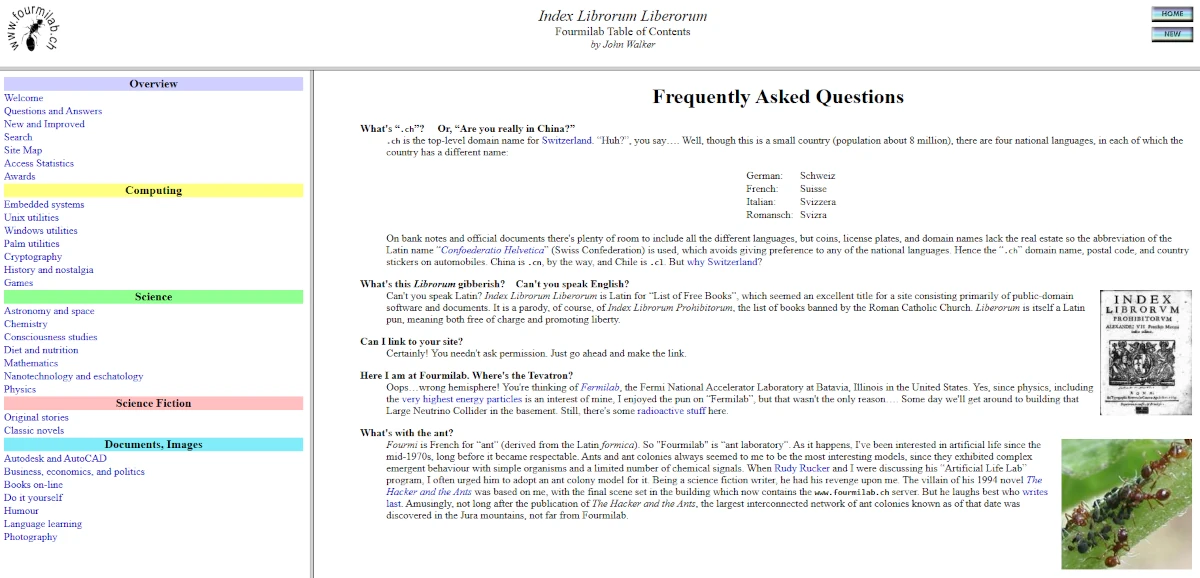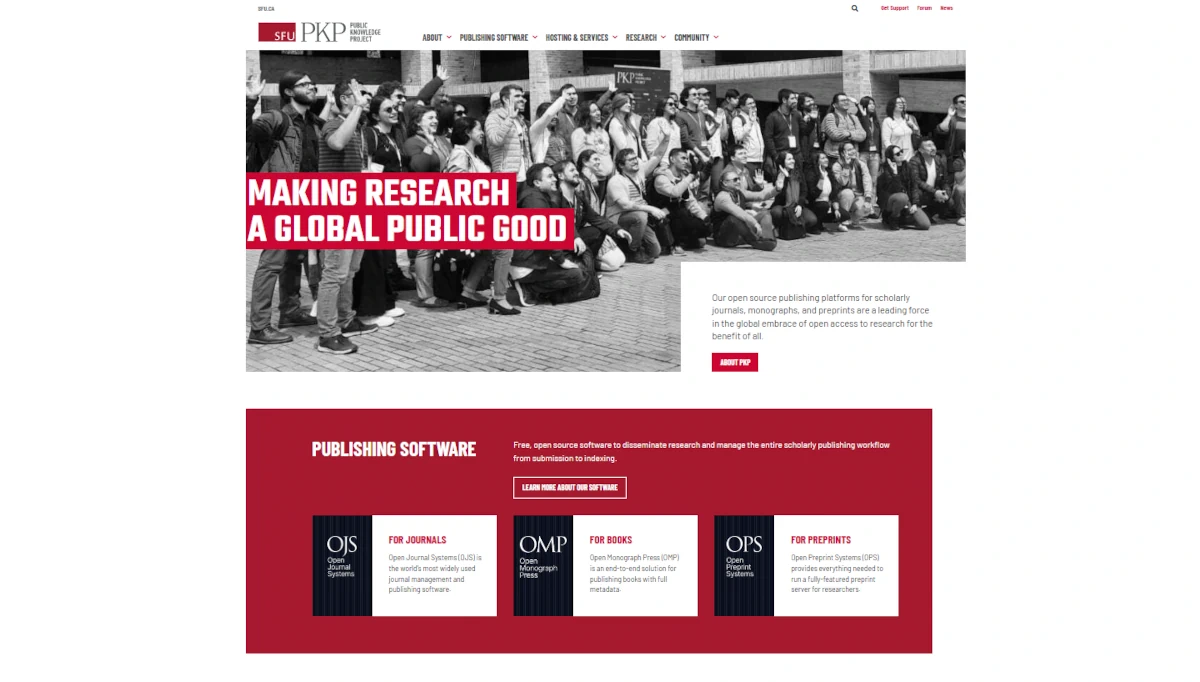
Public Knowledge Project – open software for science
Public Knowledge Project (PKP) is an international academic initiative aimed at advancing open access to scholarly knowledge. Founded at the University of British Columbia, the project is now supported by multiple partner institutions. Its flagship achievement is Open Journal Systems (OJS) – open-source software used by thousands of journals worldwide to manage peer review and publish research articles online. PKP also develops other tools, such as Open Monograph Press and Open Preprint Systems, supporting digital distribution of books and preprints. Together, they form an ecosystem that covers the entire publishing workflow: from submission, through peer review, to making content accessible to readers. ...
